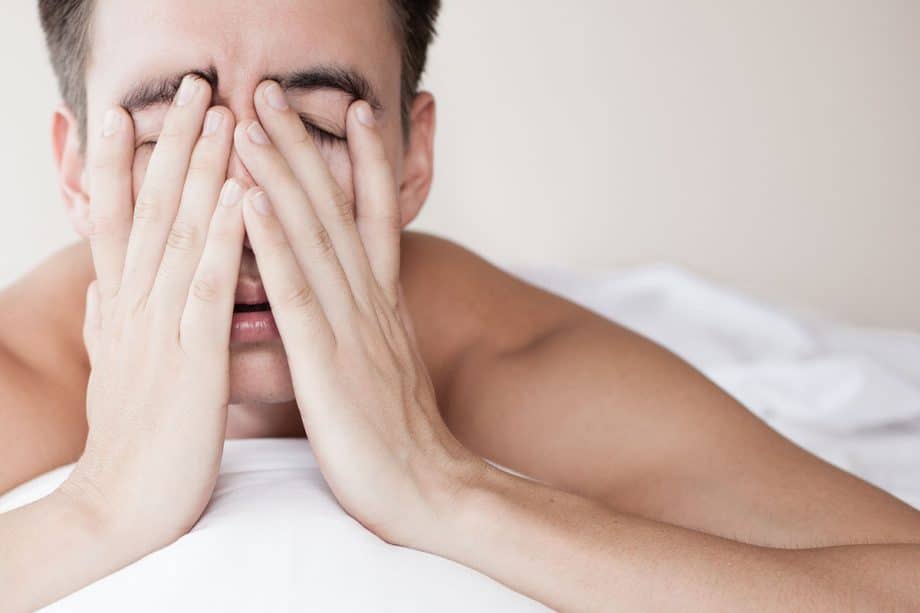Sleep is essential for our health, but what happens when restful nights become a rarity? For many adults, sleep apnea could be the silent disruptor causing unrest. This guide aims to equip sleep disorder sufferers with knowledge about sleep apnea—what it is, how to identify it, and why addressing it is crucial.
Understanding Sleep Apnea
Sleep apnea is a common and serious sleep disorder where breathing repeatedly stops and starts during sleep. This interruption in breathing leads to poor sleep quality and can cause various health issues. Common symptoms include loud snoring, daytime tiredness, and restless sleep. If you’ve been told you snore regularly or feel exhausted even after a full night’s rest, these might be signs of sleep apnea.
Types of Sleep Apnea
There are three main types of sleep apnea:
- Obstructive Sleep Apnea (OSA). This is the most common type, where throat muscles relax and block the airway during sleep. Symptoms include loud snoring, gasping for air, and pauses in breathing while asleep.
- Central Sleep Apnea (CSA). CSA involves the brain failing to send proper signals to the muscles that control breathing, resulting in breath pauses. Unlike OSA, snoring is less prevalent, but insomnia and frequent awakenings might occur.
- Complex Sleep Apnea Syndrome. Also known as treatment-emergent central sleep apnea, this is a combination of OSA and CSA. It’s critical for sufferers to receive appropriate diagnosis and treatment due to its complexity.
Understanding the Risk Factors
Certain factors can increase the risk of developing sleep apnea:
- Demographic Factors. Sleep apnea can affect anyone, but it’s more common in older adults and males. Family history also plays a significant role in susceptibility.
- Lifestyle Factors. Lifestyle choices, such as obesity, smoking, and alcohol consumption, are significant contributors to sleep apnea. These can exacerbate airway blockage or affect brain function during sleep.
- Other Considerations. Conditions like nasal congestion or naturally narrow airways can increase the risk of sleep apnea. Understanding these risk factors can help in early identification and intervention.
The Diagnostic Process
Diagnosing sleep apnea often requires professional assessment. Dentists can play a crucial role in this process. They can identify risk factors during routine check-ups and recommend a sleep study if necessary. A polysomnogram or home-based tests can monitor your sleep patterns, breathing, and other vital signs.
Why Early Detection Matters
Early detection of sleep apnea is essential to prevent complications. Untreated sleep apnea can lead to high blood pressure, heart disease, diabetes, and even accidents due to daytime sleepiness. Identifying symptoms early allows for timely intervention, reducing these risks and improving overall health.
Lifestyle Changes and Management Techniques
Making lifestyle adjustments can significantly improve sleep apnea symptoms:
- Weight Management. Losing weight can reduce throat constriction in OSA, improving your breathing during sleep.
- Sleep Position. Sleeping on your side rather than your back can prevent airway blockage in OSA sufferers.
- Avoiding Alcohol and Smoking. Reducing or eliminating these can decrease airway relaxation and irritation, leading to better sleep quality.
Seeking Professional Help
If you suspect sleep apnea, consulting with a dentist or sleep specialist is crucial. Dentists can provide referrals for sleep studies and prescribe oral appliances to keep the airway open during sleep.
In Conclusion
Sleep apnea is not just about restless nights—it’s a health issue that requires attention. By understanding its types, risk factors, and management strategies, you can take proactive steps toward better sleep. Don’t hesitate to reach out for professional guidance and improve your quality of life.
Frequently Asked Questions About Sleep Apnea
What should I do if I suspect I have sleep apnea?
If you suspect sleep apnea, start by discussing your concerns with your dentist or healthcare provider. They can evaluate your symptoms and recommend a sleep study for further assessment.
Can lifestyle changes cure sleep apnea?
While lifestyle changes can significantly reduce symptoms, they may not entirely cure sleep apnea. Professional diagnosis and treatment are essential for managing the condition effectively.
Contact Stuart Prosthetic Dentistry
Stuart Prosthetic Dentistry provides a variety of dental services in Stuart, Florida. To learn more, call 772.286.1606 or contact us today to schedule an appointment.

